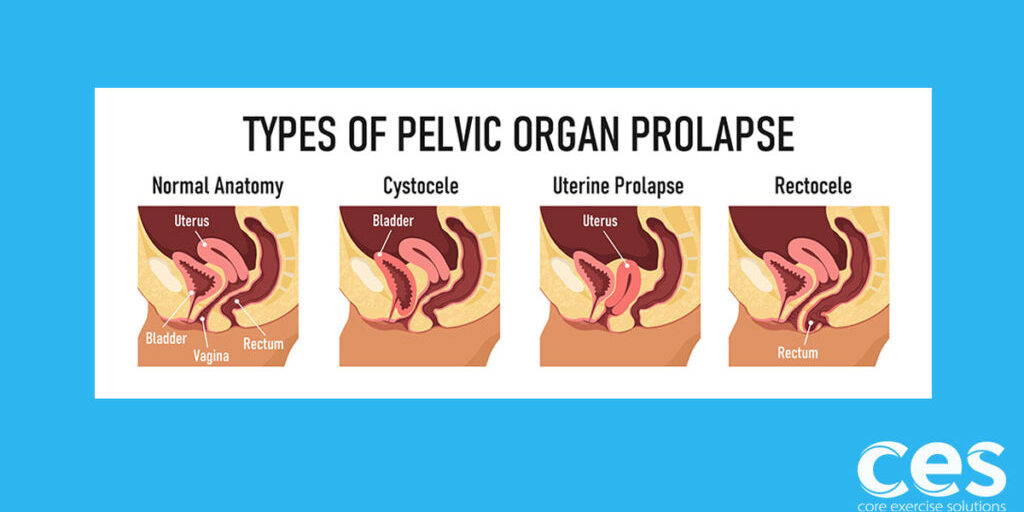Do you ever say the wrong thing but have the right intentions? This happened to me recently, when someone wrote in asking about my pelvic floor program for strengthening after a prolapse repair. I love helping women resolve or decrease prolapse naturally, but sometimes surgery is needed. I was very happy she was considering the program because she was in a great place to prevent a relapse. A recent meta-analysis shows the post-op prolapse repair failure rate averages around 36%. (Some individuals as high as 50%.) A meta-analysis looks at not just one but all the available studies on a topic. Essentially, this means you get the best and most reliable data!
“Twenty-five studies met inclusion criteria for a total of 5082 patients with an average recurrence rate of 36%.” [Friedman 2018]
Keep in mind this is not the re-operation rate, but the recurrence rate of prolapse. Many women decide not to undergo surgery again for their prolapse.
I think we CAN prevent a significant amount of prolapse surgery failures (more on that in a bit) but I told her how excited I was that she was working hard to ensure her surgery success. I can’t help it, prevention in any form makes me excited!! (1/3 is a pretty high failure percentage.)
Well, she got very mad at me. How dare I share surgery failure rates with her? Now she definitely didn’t want anymore to do with me.
What the heck?!! I was only trying to help. Should I quit trying to educate women? Should I just leave people in the dark? Why didn’t her surgeon share this information prior to surgery?
No, I can’t stomach that, because the next 3 emails I read after that one were women in tears saying, “I wish I would have known.” “Why didn’t someone tell me?” And my heart breaks, and I know I have to keep sharing and talking about the tough stuff. I have to keep trying. Even if someone gets mad at me for educating.
There is not much in the literature on why this surgery sometimes fails. One or two studies will lean toward something, and then another one will show the opposite. Studies have looked at BMI, smoking, age, number of babies, injury at delivery, etc. (Read More:https://www.ncbi.nlm.nih.gov/pmc/articles/PMC4611001/)
Do you know what they haven’t yet looked at for helping with surgery failure rates?
Great physical therapy!!!!!
Things not looked at by studies: breathing patterns, management of intra-abdominal pressure, pelvic floor strength, thoracic spine mobility, excessive pelvic tilt, hip and core strength, and pelvic floor safe movement and lifting strategies. These are the things I see that make the biggest difference with resolving prolapse, so it makes sense that these should be the same strategies we apply for surgery recurrence prevention.
When someone tears an ACL, they have a surgical repair and then a lengthy process of rehab following the repair to make sure the muscles supporting the knee are strong and firing correctly. A physical therapist teaches the patient how to jump, cut and land correctly to prevent re-injury to the knee. It involves learning new ways to move the body and adopting safer strategies. This is standard care and common sense in the orthopedic world.
What happens when a woman has a prolapse repair? In many cases, nothing. Just in the last month, I’ve had 2 patients whose surgeons refused to let them go to PT. When the patients asked for the physical therapy referral the surgeon said, “What do I write on the script? You’re all fixed now.” In other words, your vagina looks better, so why should you address your strength or movement strategies?
Imagine if an orthopedic surgeon said this after an ACL repair or other such repair surgery. That thought is laughable! A good surgeon knows the name of the good physios in their area because they help boost the surgery success rates. It’s best patient practice. This is a common positive working relationship between physical therapists and orthopedic surgeons, and it has been that way for years.
So, what the heck is going on in women’s health? Why are the doctors refusing women physical therapy referrals?
I don't have answers as to why. I'm just here to say that it makes no sense.
Looking at it logically, aspirin has more side effects than physical therapy. There are literally no downsides to going to PT, no risks, and no reasons not to encourage it.
So, this is my plea to surgeons; refer out for post-op rehab. Let’s work together to decrease the failure rate of prolapse repair and help these women find lifelong success.
References:
Vergeldt, T.F.M., Weemhoff, M. IntHout, J. et al. Risk factors for pelvic organ prolapse and its recurrence: a systematic review.Int Urogynecol J (2015) 26: 1559.
Friedman T, Eslick GD. Risk factors for prolapse recurrence: systematic review and meta-analysis.Int Urogynecol J. 2018 Jan;29(1):13-21.
Free Pelvic Floor Educational Series
Dr. Sarah Duvall, PT, DPT, CPT and the CES Team have helped thousands of women create the strength and stability needed to overcome common and not-so-common pelvic floor issues.
Join us today for this 4-part Pelvic Floor Video Series, absolutely free.
We don't spam or give your information to any third parties. View our Terms of Use and Privacy Policy.
Having trouble signing up? Click here










